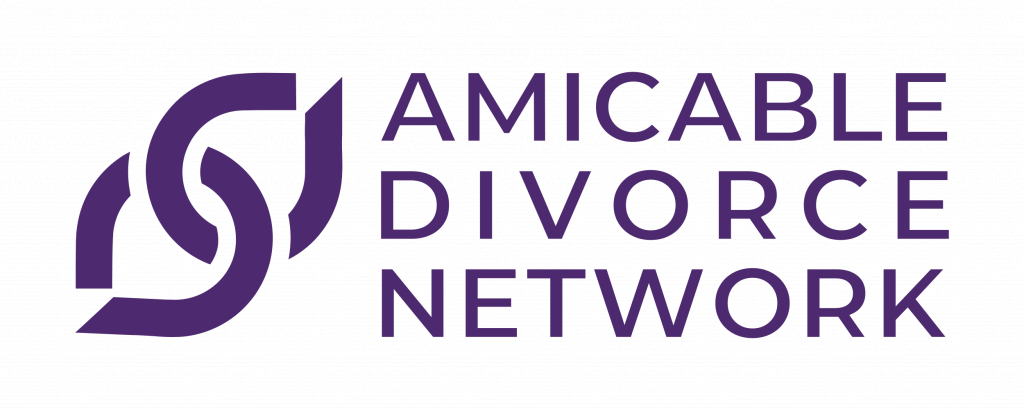Your Post Divorce To Do List
Tracy Ann Moore-Grant
You just got your Final Judgment and Decree from your attorney. What to do now? Divorce party? Weekend in Vegas? Maybe. But to fully complete all that you need to do now that your marriage legally over, there is more work to be done. No one is automatically notified that your divorce is final, and to make sure that you do not run into future problems, it takes some leg work to tie up all the loose ends.
You will need to notify all insurance companies, including, but not limited to, homeowners, property, automobile, life and health insurance of your divorce. If you fail to do so, they could consider that a material change in circumstances sufficient to deny you coverage. Also, if your former spouse is the beneficiary on any of these policies, you will want to change that beneficiary listing. If you have an obligation to provide life insurance under your Settlement Agreement, you will want to make sure that you get the policy in place as soon as possible.
You should consult with an estate planner, especially with regard to preparing a Last Will and Testament. In Georgia, generally speaking, certain provisions of a Will are null and void automatically upon divorce, unless it is made specifically in contemplation thereof.
There may also be issues involving a Living Will or Durable Power of Attorney for Healthcare neither of which are revoked upon divorce and give your former spouse power over your health should a situation arise.
You should apply for and submit an IRS change of address form, which is the official notification to the IRS that you have changed your mailing address from the address you used on the last return (if you have). If the IRS receives this form, any deficiency notices or other IRS communications must be sent to you at your designated address. Even if you do not move, you need to file this form anyway because your former spouse may be receiving all notices at another address. It is form 8822 and can be obtained directly from the IRS (they have a website) or from your tax advisor.
You need to change the beneficiary on any Individual Retirement Account (IRA), or any retirement accounts, pension, 401(k), or any other accounts where in you have named your former spouse as the beneficiary as the Final Judgment and Decree does not automatically revoke your beneficiary designation. You may need to notify all financial institutions, as well as credit card companies, of the divorce and either your responsibility or non-responsibility for future payments.
Regardless of whether your divorce was contentious or not, it is important to keep records about your payment obligations, visitation issues and other matters related to your divorce. Should a contempt or modification action arise, having good documentation can save substantial time and cost. Memories fade and documents can often not be recreated. Make a post-divorce habit of keeping an online or paper calendar of dates and details and keeping emails with your former spouse, even backing up text messages is very contentious situations.
When in doubt, as your attorney. As a recent client they should have no issue promptly answering any post-divorce questions you have.
